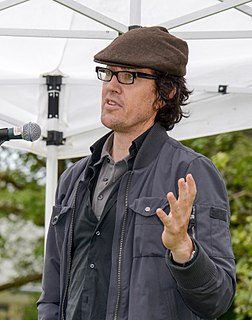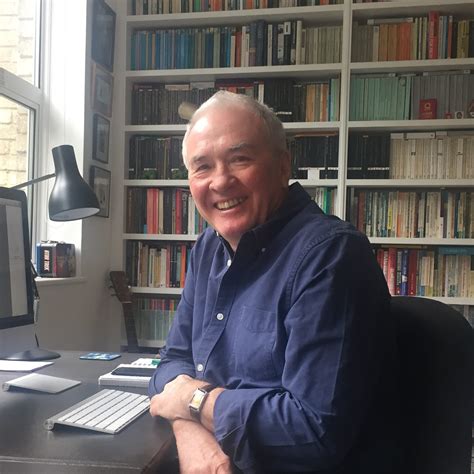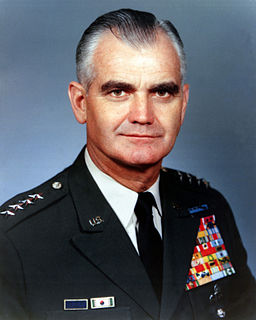A Quote by Michael Winter
'Into the Blizzard' follows the author as he traces the footsteps of the Newfoundland Regiment during the First World War: where they trained in Scotland, where they fought in Gallipoli and where they died at the Battle of the Somme in France.
Related Quotes
Both of my grandfathers fought in the Second World War, and my great-grandfather died at the Somme in the First World War. I never truly believed that the War just finished and everyone was happy-clappy, brought out the bunting, and felt everything was okay again. That's definitely not my impression of the fall-out of war.
Remembering the loss of those Irishmen from all parts of the island who were sent to their deaths in the imperialist slaughter of the First World War is crucial to understanding our history. It is also important to recognise the special significance in which the Battle of the Somme and the First World War is held.





































